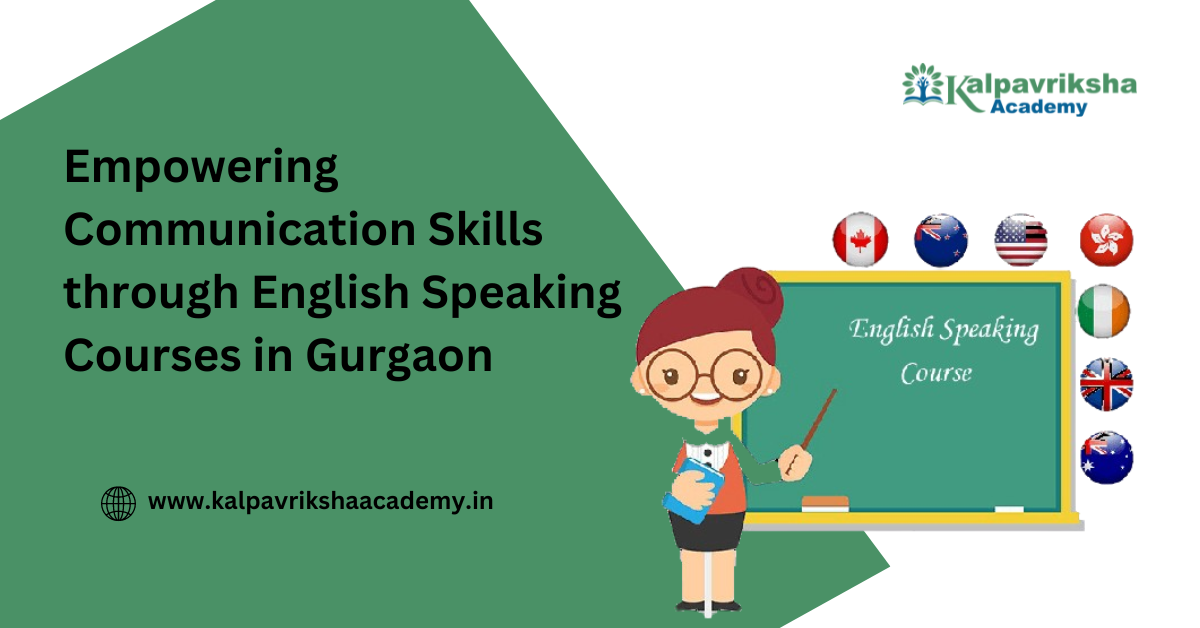Why Content Is Important For SEO
What is content?
Content refers to any piece of information that solves an issue for a client or answers their questions. It should be presented in such a way as to engage your website visitors or motivate them to take some sort of action on your site. Content can be any form of media that conveys information to your audience, including but not limited to text, images, videos, and audio.
Product and service pages, as well as a blog page with timely, relevant information for site visitors, are examples of content that will appear on your website and help its pages rank higher in search engine results; content can also appear in other formats.
Content includes Blog posts, PR pieces, Case studies, Videos, Podcasts, Whitepapers and Infographics.
Why content is important for SEO?
Google and other search engines aim to give users relevant and useful search results.
Major search engines like Google focus on providing users with relevant and useful search results. In truth, Google’s algorithms are frequently changed to ensure that consumers always have access to the latest and greatest versions, which return the most relevant results.
Google organizes the web’s material in a way that prioritizes the most relevant and helpful results for each user. Your content needs to be both optimized and helpful to your viewers for it to be beneficial for search engine optimization.
Among the many indicators that the content is relevant for search engine optimization are the following:
- Better rankings and increased discoverability in search results result from consistently publishing high-quality content that is both search engine optimized and of value to your target audience.
- Improve your website’s search engine rankings by encouraging plenty of people to click over to it. Your website’s chances of rising in search engine rankings improve as more people visit it.
- Aids in the creation of backlinks, which are votes of confidence in your site’s reliability and authority gained when other websites connect to it. The more quality connections you have pointing to your site, the better off you will be in the search engine rankings. Your content will play a significant role in your SEO strategy since other websites will link to it if it is useful.
- Make sure to prioritize keywords as they play a role in incorporating terms into your website. This will boost your visibility in search engine results, for the products and services you offer. Putting in the time and effort to create top-notch content, optimize it effectively and acquire backlinks will ultimately lead to an improved user experience.
What are the different types of SEO content?
Different types of SEO content are as follows:
- Pillar Pages: Long-form articles that focus on one (general) keyword are called “pillar pages” or “hub pages.” This term refers to a broad category fundamental to the business’s operations, which is further subdivided on the pillar page. The pillar page briefly discusses all the main points without delving too deeply into any one of them. Instead, it directs readers to individual blog pieces that delve deeper into these topics.
- Lead gen-focused: To generate leads, you should create long-form content that focuses on the secondary keywords for your most important sites, known as pillar content. In other words, these are posts that delve deeper into a particular subset of the broader issue covered on the pillar page.
- Landing Pages: Landing pages are the first impression potential customers see of your website, and it is their job to turn them into customers. They look like sales pages, complete with persuasive content, at first glance. When targeted for a product-related or transaction-related keyword, however, these pages can help with search engine rankings as well.
- Industry focus Page: Posts targeted at various industries might increase the likelihood of attracting the right kind of consumer to a business. These types of content are typically in-depth articles that make use of long-tail keywords. Listicles, how-to manuals, and thought leadership pieces are just some of the content forms they can use.
How Do I Improve My SEO Content?
Following are the ways in which SEO content improves:
- Produce 100% Original, High-Quality Work
Finding and keeping visitors requires first-rate content that is both unique and useful forever.
Creating content from scratch is a great way to establish your authority and establish rapport with your target audience. In addition, search engine algorithms are built to detect original content, especially Google’s. Those who employ sound SEO strategies and release credible, original material will certainly see an uptick in traffic.
In a perfect world, your content would be exhaustive. That means your material provides every possible answer to a user’s question concerning the subject. Having in-depth pages will demonstrate to search engines that you are an expert in your field.
You can improve the depth of your writing by using the SEO Content Template Tool. You looks at the material that your competitors have that ranks highly for your chosen keyword and informs you what you need to do better.
Finally, evergreen content is valuable since it may be used for a long time and still attract readers. Inbound marketing is like a present that keeps on giving since it generates results even when you’re not paying attention to it.
- Create a Search Engine Friendly Format and Aim for Featured Snippets
If you want your material to go well, you need to address the concerns of your readers. To do this, you can aim for the featured bits.
Google’s featured snippets are the first results users see while searching. The goal is to provide the user with the information they need without making them navigate away from the current page. They are prominent, informative, and likely to generate organic clicks because they come before the numerical results. Also known as search engine results page features.
Does duplicate content affect SEO?
Yes, duplicate content affects SEO.
When duplicate material occurs on multiple pages, it can have a negative impact on search engine rankings and potentially lead to fines. Common causes of duplicating content include:
- Incorrect page versions are being indexed by search engines.
- Important pages are suddenly underperforming on search engine results pages (SERPs) or having indexing issues.
- Changes or drops in essential site metrics (visitors, search engine rankings, E-A-T metrics).
- Alternate unanticipated behavior on the part of search engines due to muddled prioritizing signals.
Google’s advice to webmasters and content creators has always been to “make pages primarily for users, not for search engines,” even though no one knows which pieces of content Google will rank and deprioritize.
So, the first step for any webmaster or SEO is to come up with material that no one else is offering. This is not always simple or even doable, though. The risk of duplication increases with the use of content templates, search features, UTM tags, data exchange, and content syndication.
To minimize the likelihood of content duplication on your own site, it is important to have a well-defined structure, do routine maintenance, and have a firm grasp of the technological details involved.
Does poor content affect SEO rankings?
Indeed, the presence of low-quality material on a website can have a detrimental effect on its search engine optimization (SEO) performance. By establishing a set of elevated ethical standards for your content team, you may effectively identify and address subpar content, hence enhancing the quality of the result. Despite its potential value, this asset has the capacity to generate significant long-term gains, so justifying its inclusion as a desirable investment for enhancing the overall performance of your website.
Related Topic:- What is SEO?









